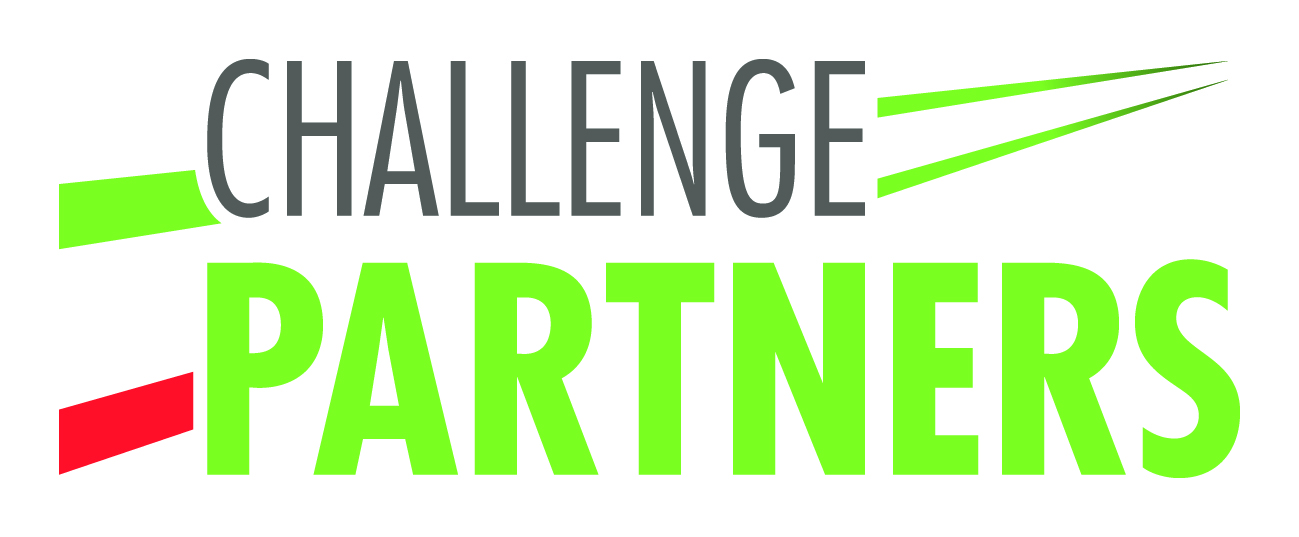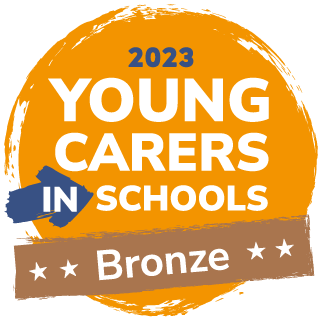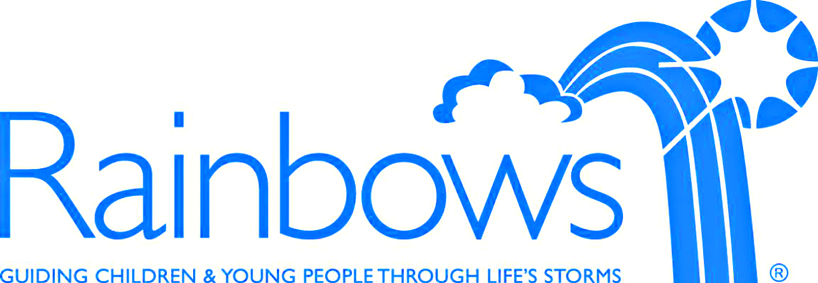RE
Intent
Religious Education has a significant role for the development of pupils’ spiritual, moral, social and cultural development. It promotes respect and open-mindedness towards others with different faiths and beliefs and encourages pupils to develop their sense of identity and belonging through self-awareness and reflection. We want children to leave our school with a sense of belonging to a tightly knit community where they have the confidence and skills to make decisions, self-evaluate, make connections and become lifelong learners.
Through our Religious Education curriculum we aim:
- to provide learners with knowledge and understanding of Christianity and other principal religious traditions and beliefs represented in Great Britain.
- to develop their understanding of the ways in which beliefs influence people in their behaviour, practices and outlook.
- to enable learners to apply the insights of the principal religious traditions to their own search for identity and significance.
- to enable learners to become aware of their own beliefs and values and to have a positive attitude to the search for meaning and purpose in life.
- to encourage learners to develop a positive attitude towards other people who hold religious beliefs different from their own
- to prepare children for life as a global citizen with an awareness and understanding of the wider world in which they will live and operate
- to offer opportunities for children to visit places of worship and hear from visiting religious speakers to allow them to experience new things and build their cultural capital
Implementation
Religious Education is unique in the school curriculum in that it is neither a core nor a foundation subject, however the Guidance released in 2010 views it as an important curriculum subject. The 1988 Education Act states that ‘Religious Education has equal standing in relation to core subjects of the National Curriculum in that it is compulsory for all registered pupils’. Religious Education is a statutory subject of the curriculum for all pupils in each year group and ‘should be provided for all registered pupils except those withdrawn at the request of their parents.’ (s 71 SSFA 1998). The syllabus should ‘reflect the fact that the religious traditions in Great Britain are in the main Christian, while taking account of the teaching and practices of the other principal religions represented in Great Britain.’ (s375 (3) Education Act 1996)
During each Key Stage, pupils are taught knowledge, skills and understanding through learning about Christianity and Islam through KS1, adding Sikhism, and Judaism in KS2. Each unit of work identifies prior learning and shows how this is built upon. RE is taught weekly and the following skills are used in order to strengthen skills and deepen the understanding and knowledge taught: investigating, reflecting, recalling and retelling, exploring, discussing and empathising. Children can discuss and compare the lives of people they have studied from a variety of different religions.
Parents have the right to request that their son or daughter be excused from all or part of the RE provided at school.
Attitudes which are fundamental to RE are: curiosity and wonder, commitment, fairness, respect, self- understanding, open-mindedness, critical mindedness and enquiry. These work alongside the SMSC links and British Values implemented within school as a whole.
Assemblies take place across the whole school and in classes; these are delivered by senior leaders, class teachers and our local vicar.
Visits to places of worship, and visitors representing different religions provide a variety of first-hand experiences for our children, to spark their interest and relate new learning to their own experience.
Impact
Pupils make progress in RE by knowing more, remembering more and being able to do more. They need to transfer and embed key concepts into their long-term memory and apply them fluently.
We measure the impact of our curriculum in the following ways:
- Children demonstrate a positive attitude towards people of any religion and show an understanding of cultural beliefs different to their own
- They demonstrate respectful behaviour to all and this is transferable outside of school in the wider community and beyond
- Assessing children’s understanding of each unit’s linked vocabulary before and after the unit is taught
- Images and videos of the children’s learning
- Interviewing the pupils about their learning (pupil voice)
- Lesson observations and learning walks
- Pupil’s books are scrutinised and there is the opportunity for a dialogue between teachers to understand their class’s work











